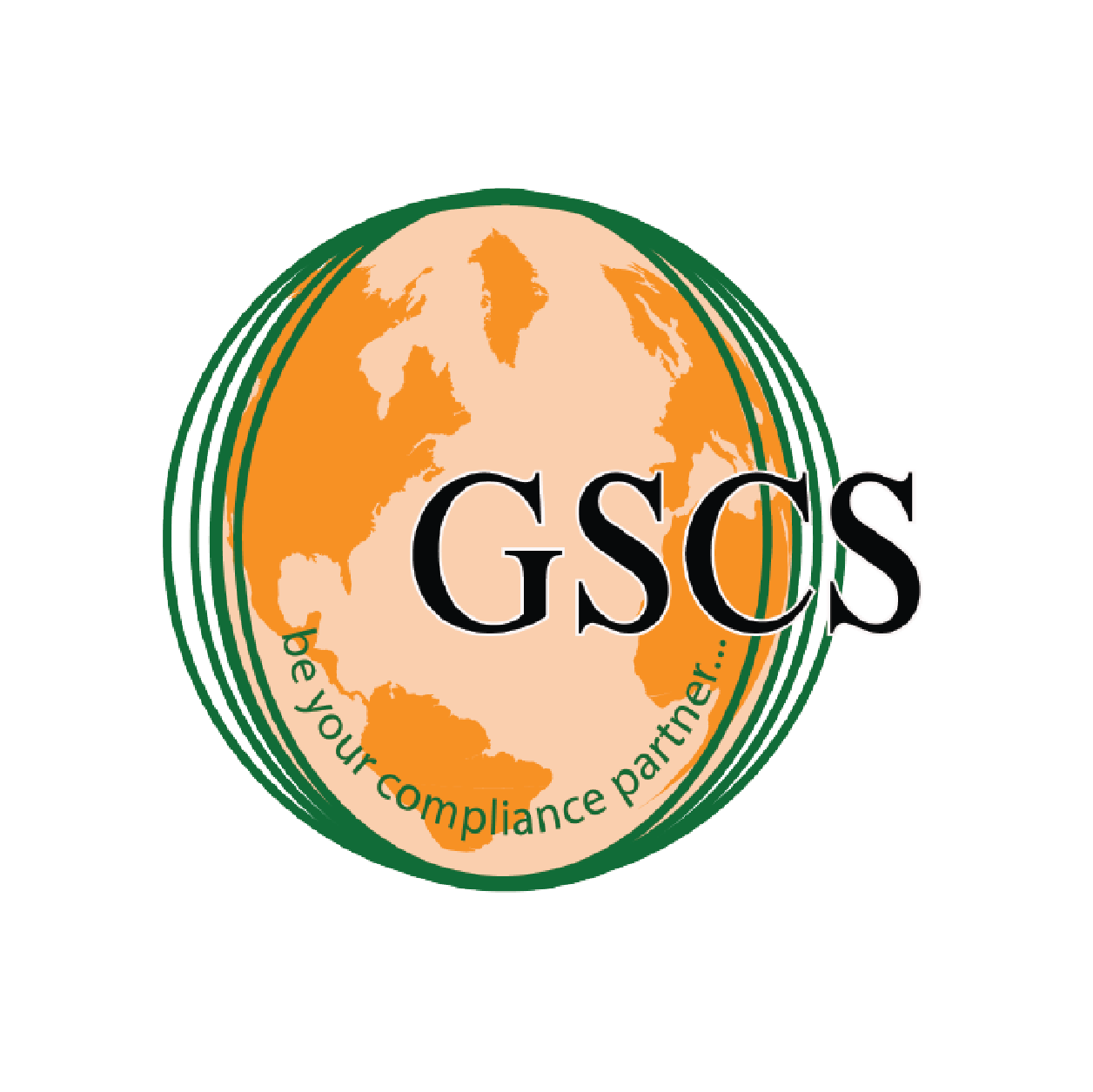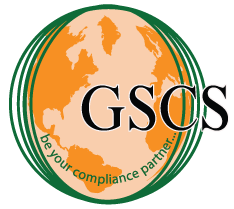
Comprehensive Generic Assessment Solutions for Businesses | GSCS
Introduction: A Generic Assessment is a comprehensive evaluation process designed to measure compliance, performance, and operational capability across various systems, facilities, and practices. Unlike traditional audits that follow strict standards, generic assessments are flexible and adaptable, making them ideal when no specific framework or predefined standard exists.
This assessment method plays a critical role in auditing, certification preparation, risk management, and capacity building, ensuring organizations identify gaps, strengthen processes, and align with global best practices.
At GSCS International Ltd., we provide expert-driven generic assessment services to help businesses improve quality, compliance, and sustainability. Our tailored approach ensures readiness for ISO certifications, social compliance audits, and environmental sustainability initiatives, giving you a competitive edge in today’s global market.
Widely used in manufacturing, supply chains, healthcare, education, and sustainability sectors, generic assessments offer a powerful tool for evaluating operational readiness and performance. Partner with GSCS International to implement an objective, result-oriented assessment strategy that supports your long-term success.
What is a Generic Assessment?
A Generic Assessment is a non-standardized evaluation method that measures the performance of an organization, facility, or process against customized criteria or general best practices. It allows companies to evaluate operations in areas like:
- Quality management
- Labor and social compliance
- Health and safety
- Environmental sustainability
- Ethical business practices
Unlike formal standards (e.g., ISO), a generic assessment is flexible and adaptable, allowing for the use of customized checklists, sectoral guidelines, or internal policies. It is often the first step in preparing for certifications or establishing internal control mechanisms.
Why Generic Assessment is Important for Businesses
Generic assessments provide valuable insights for organizations at all levels of maturity. Here's why they matter:
- Baseline Evaluation: Acts as a starting point for organizations with no previous certifications or formal systems in place.
- Customizable Criteria: Tailors assessment to specific organizational or regional contexts, without being restricted to a rigid global standard.
- Gap Identification: Helps detect compliance issues, performance deficiencies, or operational risks before they escalate.
- Capacity Building: Provides the foundation for improvement, training, and formal certification in the future.
Key Benefits of Conducting a Generic Assessment with GSCS International
Partnering with GSCS International for your generic assessment services provides a wide range of strategic and operational advantages. These assessments go beyond basic evaluations—they help organizations improve compliance, reduce risk, and prepare for global certifications.
1. Flexible and Customized Evaluation Framework
Unlike rigid audit standards, a generic assessment offers flexibility. It can be fully aligned with your specific business objectives and operational requirements. Our approach covers multiple critical areas, including:
- Human Resources (HR) Compliance
- Environmental, Health & Safety (EHS) Practices
- Management Systems Performance
- Sustainability and Ethical Sourcing
2. Improved Internal Awareness and Accountability
Generic assessments enhance organizational knowledge by building internal awareness among employees. Staff gain a clearer understanding of compliance requirements, operational goals, and risk areas. This promotes internal accountability, creating a culture of continuous improvement that strengthens your overall business performance.
3. Pre-Certification Readiness for Global Standards
Planning to achieve ISO Certification, SA8000, GOTS, WRAP, or SLCP? A generic assessment serves as a pre-certification trial run, enabling your organization to identify and correct gaps before undergoing formal audits. This proactive approach saves time, minimizes audit failures, and reduces certification costs.
4. Effective Risk Management Across Operations
Our assessments play a crucial role in identifying operational, legal, and reputational risks within your business processes and supply chain. Detecting issues early allows you to implement corrective actions, improve compliance, and safeguard your brand reputation—all while reducing the likelihood of penalties or business disruptions.
How to Conduct a Generic Assessment
Conducting a generic assessment requires a structured approach to ensure accurate evaluation and actionable outcomes. At GSCS International, we follow a proven methodology designed to help organizations achieve compliance, identify gaps, and improve overall performance.
1. Define the Scope and Objectives
The first step is to clearly define what will be assessed. This could include:
- Organization-wide systems
- Facility-level operations
- Specific areas like environment, labor compliance, or quality control
2. Develop or Select an Assessment Tool
Choose the right assessment framework or checklist based on:
- Internal company policies
- Industry best practices
- International standards and guidelines (e.g., ILO, OECD)
3. Conduct the Assessment
Our experts carry out a thorough on-site or remote assessment using a combination of:
- Document reviews
- Employee interviews
- Visual inspections
- Stakeholder consultations
4. Evaluate Findings and Identify Gaps
Once data is collected, we score performance, analyze results, and highlight areas of non-conformity. This step is crucial for identifying compliance issues, operational inefficiencies, or risks that could impact your business.
5. Prepare a Corrective Action Plan (CAPA)
Based on the assessment findings, we develop a Corrective and Preventive Action (CAPA) plan. This includes:
- Specific recommendations for improvement
- Assigned responsibilities
- Timelines for implementation and follow-up
6. Monitor and Review Progress
Finally, we track progress over time, update the assessment tool as needed, and review improvements to ensure sustainable results. This continuous improvement cycle helps organizations maintain compliance and achieve long-term success.
Why Choose GSCS International Ltd. for Generic Assessments?
GSCS International Ltd. has the knowledge and experience to conduct robust, sector-specific, or organization-tailored generic assessments:
- Custom Frameworks – We create or adapt assessment tools to suit your company’s unique structure or industry.
- Cross-Domain Expertise – Skilled in labor audits, sustainability reviews, health & safety, environmental impact, and ethical sourcing.
- Confidential & Constructive Reporting – Clear, objective reporting that helps—not penalizes—your organization.
- Global Reach, Local Relevance – Services adapted for international brands and local SMEs across regions.
- Actionable Outcomes – We go beyond audit results, offering training, remediation support, and pathway planning for certifications.
Conclusion:
A Generic Assessment is a strategic tool for organizations seeking to understand and improve their operations without the constraints of fixed standards. It offers a low-barrier, high-value method to assess risks, benchmark performance, and build internal systems for long-term success.
Whether you're preparing for a formal certification or just starting your improvement journey, GSCS International Ltd. is your trusted partner in conducting objective, useful, and credible assessments tailored to your needs.
FAQ:
It is a flexible, non-standard evaluation method used to assess an organization’s performance against customized or general criteria.
Unlike formal audits under standards like ISO or SA8000, generic assessments are not tied to external certification but provide a readiness or internal evaluation.
Any organization—regardless of size or sector—can use it to identify compliance, safety, environmental, or operational gaps.
Custom checklists, self-assessment forms, sectoral templates, and internal policy documents.
Yes, GSCS International Ltd. specializes in designing customized generic assessment tools based on client goals and industry best practices.
